Microsoft reportedly planning another doomed attempt at jettisoning Win32 apps in 2019
2 min. read
Updated on
Read our disclosure page to find out how can you help MSPoweruser sustain the editorial team Read more
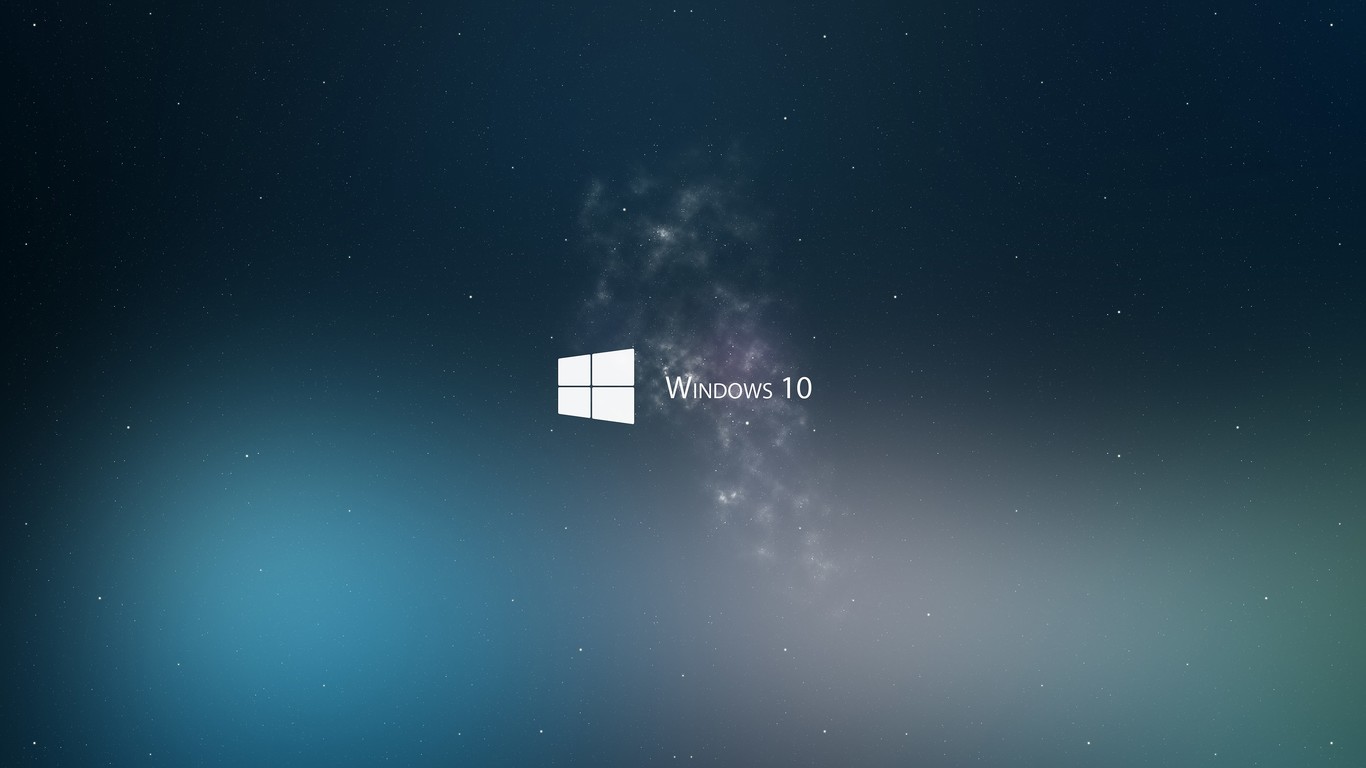
It’s rather hard when your biggest success is also your biggest millstone, but for Microsoft the x86 Win32 platform has been both their biggest blessing and biggest curse, leading to their ubiquitous presence in every office and most households around the world, and also leaving them with an insecure platform which is difficult to monetize and manage.
Microsoft has been trying since Windows 8 to move Windows users onto a more controlled platform, but efforts like Windows RT and Windows 10 S have invariably floundered due to the lack of power offered by the Windows Store when compared to the estimated 8 million Win32 apps available easily and often freely on the internet.
Microsoft is not well known for giving up on a bad idea, however, and according to the WC will be making another attempt in 2019 to release a legacy-free version of Windows powered exclusively by UWP apps.
Their Polaris effort would strip legacy components from Windows 10, and remove the familiar Windows Shell and file browser and replace it with C-Shell and a UWP version of all the apps.
Reportedly aimed at “people that do most of their work in a web browser”, the advantages are said to include better battery life, security and performance. However, unlike Windows 10 S, Polaris users will be trapped on the OS, and will not be able to upgrade to a Pro version of Windows. Microsoft is considering making win32 apps available via a remote desktop cloud-based solution, however, which sounds even more hellish than not having access at all.
The idea is of course doomed to fail. Reducing Windows to a UWP and Edge running machine means users could as easily use a Chromebook, and would then have access to actual Chrome also, not to mention the wide breadth of Android apps via the Google Play Store.
Microsoft should certainly continue making Windows easier to use, but dumbing down Windows is not the way to increase its popularity, given the more mature options already available from other companies such as Apple and Google.
Unfortunately, Polaris appears to be simply another sign Microsoft’s desktop efforts have lost their way…



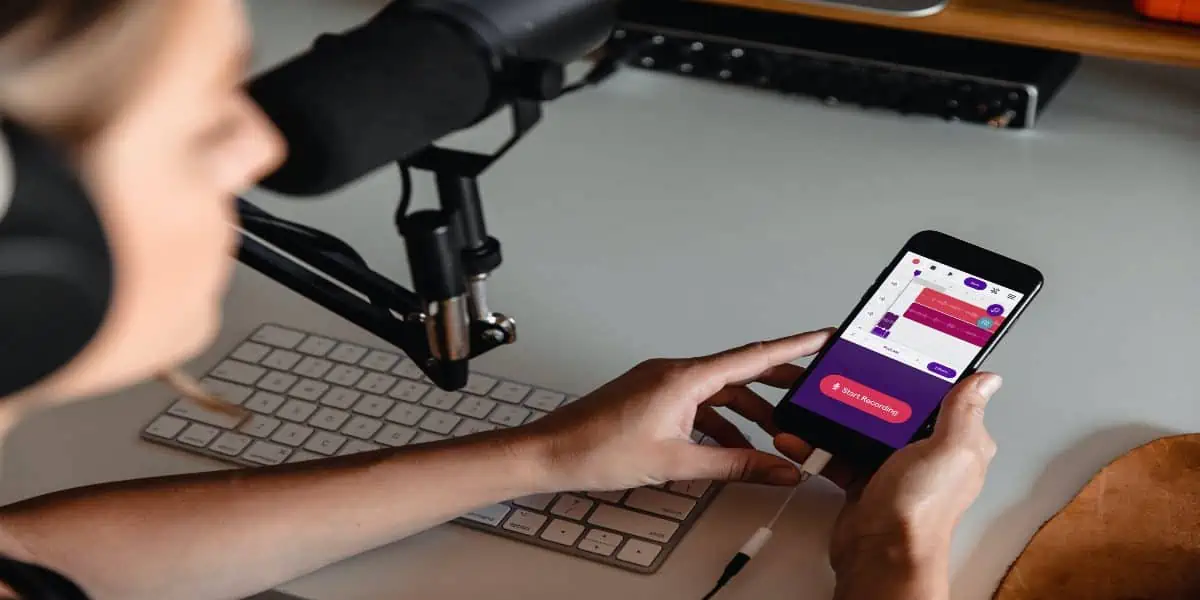
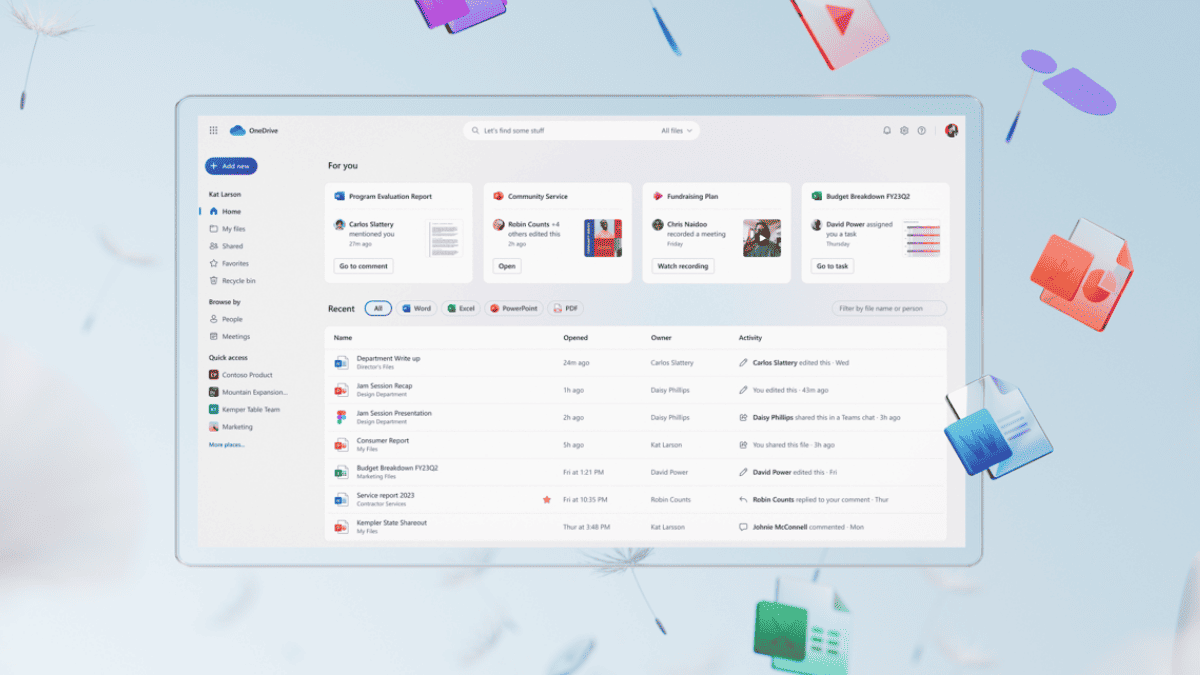
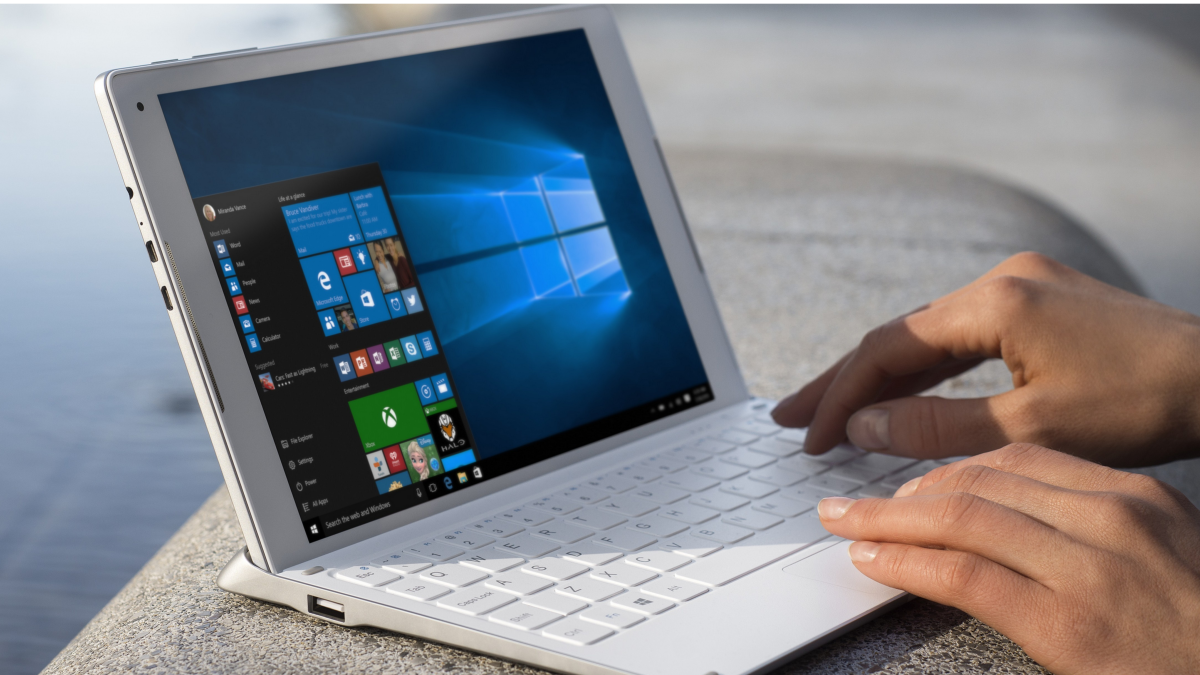
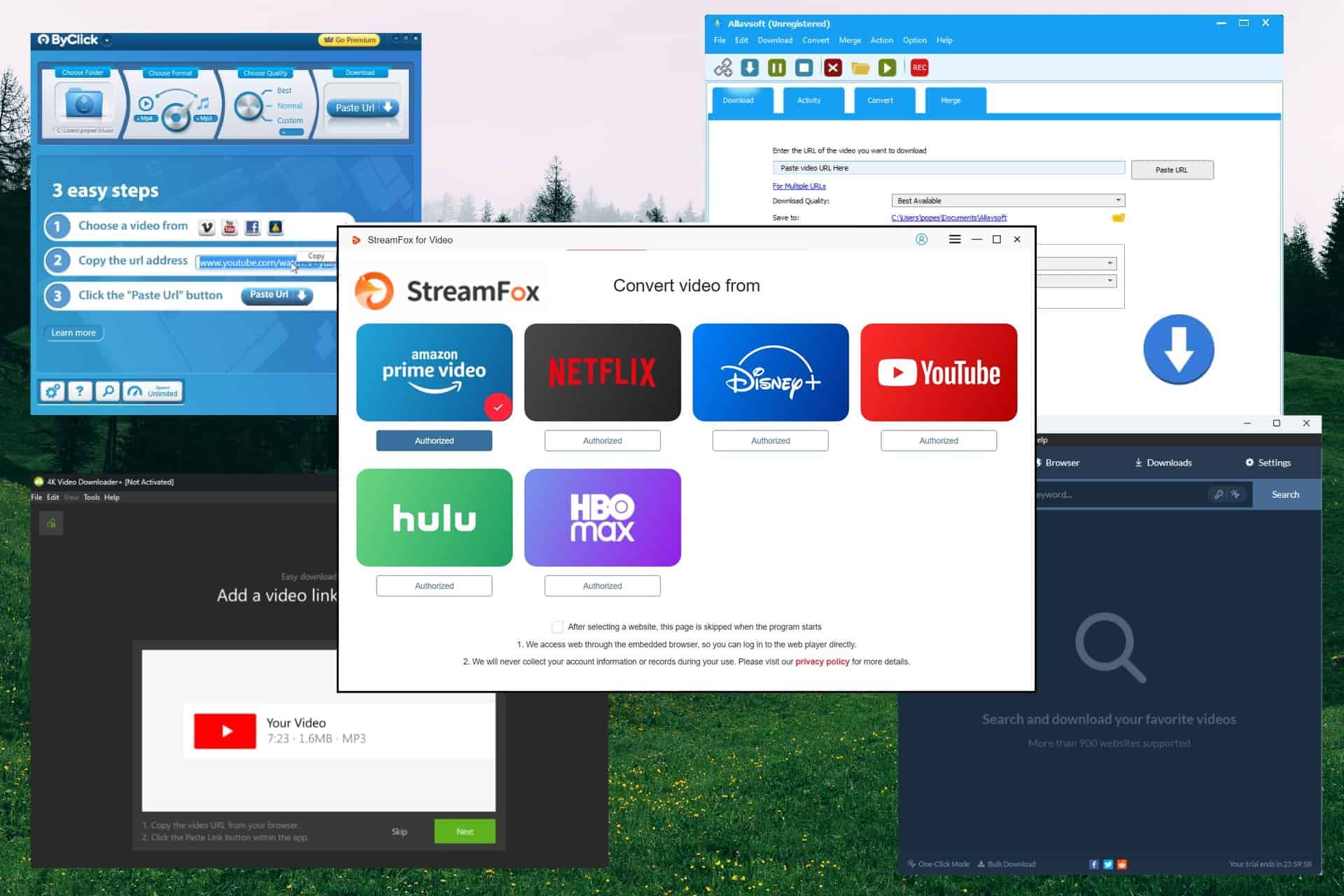
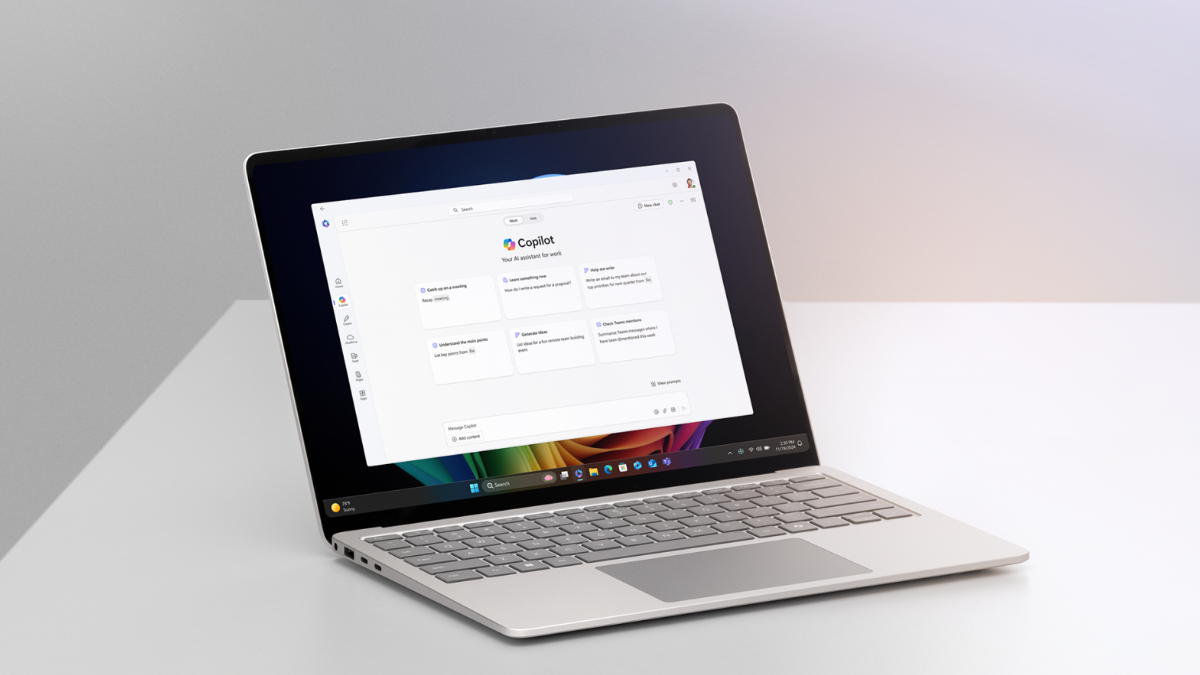
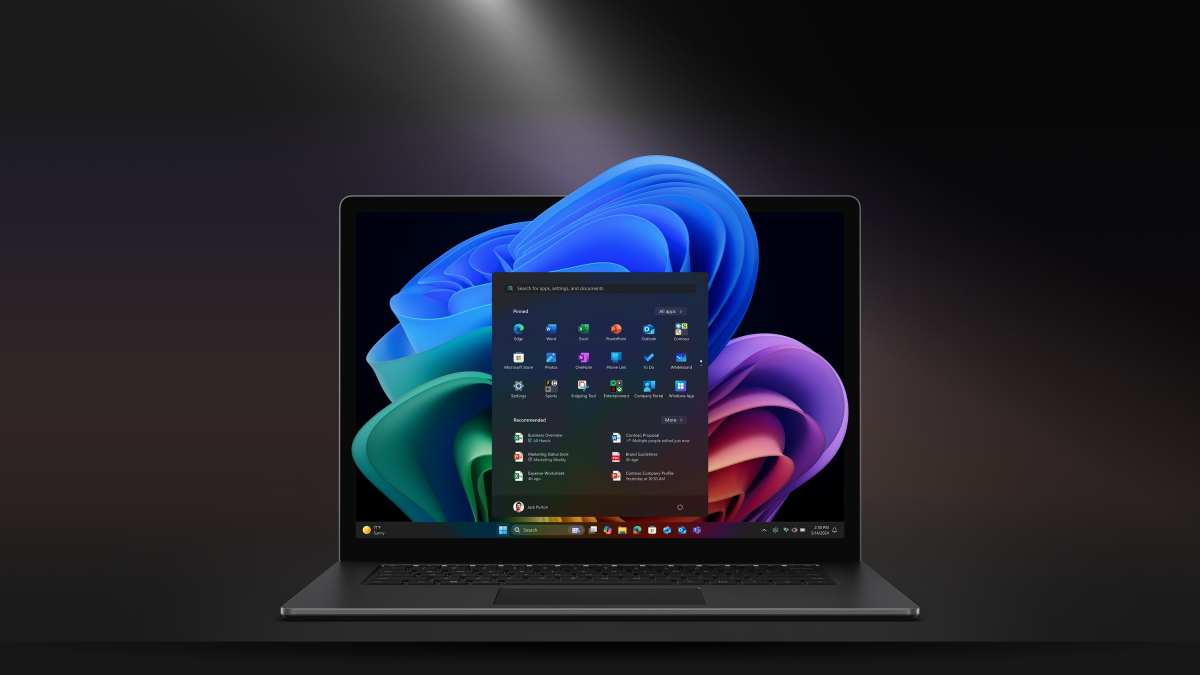
User forum
0 messages